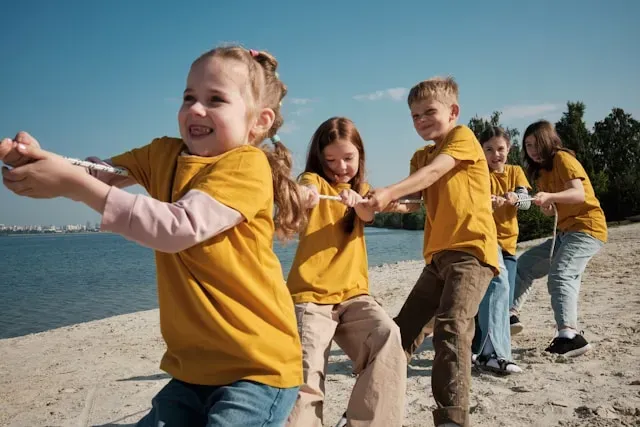
Behavior Therapy for Kids
Discover the benefits of kid's behavior therapy – a psychotherapeutic approach promoting positive development through behavior modification techniques.
Get carepatron free
Commonly asked questions
The best therapy for a child with behavior problems often involves behavioral therapy, which focuses on identifying and modifying specific behaviors to promote positive changes. Behavioral interventions, including reinforcement and structured strategies, are commonly effective.
An example of behavioral therapy is Applied Behavior Analysis (ABA), a systematic approach that uses behavioral principles to improve socially significant behaviors. ABA is widely used for children with autism spectrum disorders and other developmental challenges.
Yes, behavioral therapy can be effective for kids with ADHD. It often involves behavior modification techniques, such as setting clear expectations, providing positive reinforcement, and implementing consistent consequences, contributing to improved behavior and self-control.







